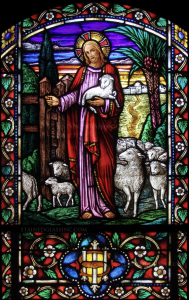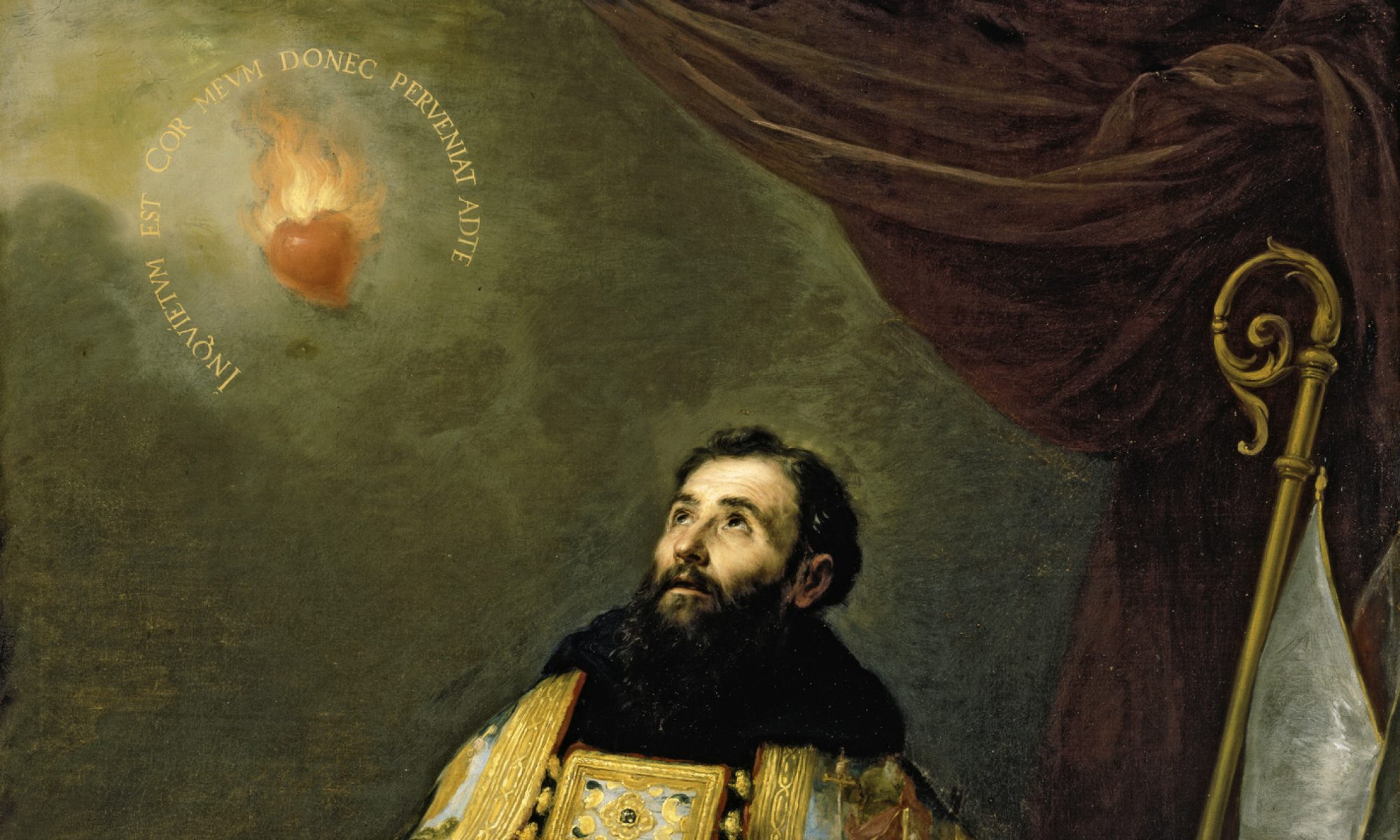I am on a religious pilgrimage in the Holy Land, and today is my fifth day. I am grateful to God for such a blessing stepping on the soil where Jesus spent His earthly life, offered Himself on the cross, died and has risen from the dead for the salvation of the world. This is my first time to visit this sacred land where the three major religions come to share in peaceful existence. God is alive; again Happy Easter.
Today is the second Sunday of Easter in the Extraordinary Form. We are invited to reflect on the Christian calling in a different sense. In this season of Easter, we have this epistle of St. Peter teaching us that being a Christian we shouldn’t keep quiet and have a passive attitude of ignoring many things happening in the world. We cannot just live peacefully while we do nothing against injustices in our society, like human trafficking, abortion, abuse of children, economic and social conflict and war. We all have endured sufferings and injustices of various kinds throughout our lives because we believe in the constancy of God’s infinite love. If we don’t do anything, we are actually not participating in God’s mission of redemption due to the fact that we don’t think of others’ welfare as well. We must care for others as part of our shepherding.
We need to be involved by drawing our hope, as we relate ourselves to the life of Peter, who draws out strength through the life of Christ, who also is the Shepherd of our souls. We present a pattern we have already seen and proven that there is suffering, which will be followed by glory later. We truly encourage you in the face of struggles, that we must grow in faith and good action with much expectation of the coming reward. As believers, we share in Christ’s suffering in a unique way. Suffering can only be resolved with the love of the whole body of Christ by making it really living the true teaching of Jesus.
Today’s gospel is about the Good Shepherd. He is a genuine example with His sheep.
Here in the Holy Land, Jesus has spoken to His people through an ordinary way of life of the people. Aside from fishing in the sea of Galilee, which is not actually a “sea” literally, but a lake, the livelihood is catching fish for those who live near the shore. However, for people who live in the mountain, their basic work is pasturing the sheep. Jesus had been aware of simple ways to reveal to them the mystery of Heaven.
Reflecting on this gospel about being a Good Shepherd to his sheep, I invite you to seriously meditate on the merits of this gospel pericope.
First, Jesus as a Good Shepherd is showing an example of creating a relationship with His sheep. Just as He is in a relationship with the Father, He serves to mirror that relationship with us His followers, His sheep.
I am aware that it is difficult to take our time entering into a relationship with people who have less common interests with us.
How often do we greet or ask people visiting Holy Spirit Mission, “How are you?” How often are we willing to talk with the person who is different from us, who might be considered an outsider? We have Jesus’ example of showing love through real relationships as our model, and it is up to us as the church to live out that example in our world.
Second, Jesus as a Good Shepherd, listens to the cries of His sheep. He knows our voice too and we know His. As you show love through listening, do you hear the Shepherd’s voice speaking through other people? By listening and loving, indeed our relationships grow as we follow our Good Shepherd.
Third, Jesus as a Good Shepherd involves knowing one’s own flock (John 10:14). This aspect of being good is important having knowledge of His sheep because He helps to keep the sheep safe from enemies. Jesus leads us away from danger and harm.
I firmly believe that Jesus gives us all the means to be protected from all evils by giving us the available sacraments entrusted to us in the Church.
Today let this genuine image of Jesus, our Good Shepherd, be our inspiration to live like Him so that we can easily relate to the world we live in.
May God bless you.
Fr. Arlon, osa

